There’s at least one of my friends working as a professional author who will reflexively rage shudder if you mention the word “likeable” to him.
It’s not the word itself. I mean, perhaps there are people out there prepared to scuffle over whether the spelling should be “likeable” or “likable”, but the dictionary accepts both and I haven’t met any. No, it’s just that he’s just gotten too many feedback notes over the years on his novels and attempted screenplays where the gatekeeper executive has asked for his protagonists to be “more likeable”.
There are a few problems with this particular note. One is that it’s rather vague. If you question the person involved on what they mean, there will more often than not be some hand-waving and “Oh you know… not so much of… well, you know…. more likeable.” It becomes circular and generally boils down to some gut, subjective reaction.
For helpful critique purposes, it would be far better to get into specifics such as “This protagonist keeps talking about how they value all life and then casually murders people. Did you mean for that disconnect to exist? Because hypocrisy on that scale can be a bit of a downer.” But even there it doesn’t mean a property won’t sell with an unlikeable protagonist attached to it. Look at Twilight. And anyone who thinks that was a cheap shot just proved my point about likeability being subjective. I hate, hate, hate Bella Swan as a protagonist and could write many specific paragraphs on why, but legions of people don’t agree with my assessment, or at least don’t care enough to stop them from being fans of the book.
Another problem with the note is that, while it might cross my mind that an author deliberately intended to imbue their protagonist with unlikeable qualities, the people providing an “unlikeable” note often seem to be genre blind. They’d turn up their nose at the asshole qualities of a Snake Plissken or Mad Max, despite the post-apocalyptic setting and an author’s protests of “that’s the point!” I don’t know, maybe that’s why Mad Max ended up having a pet dog when he seems barely capable of feeding himself. This is probably the aspect that caused my friend the better part of his twitch response, since his zombie apocalypse manuscript gathered dust for years until he could finally find a publisher willing to accept that his main character wasn’t much of a traditional hero.
And as bad as the situation can be with male characters, I ponder also if the “likeability” note is given more in response to a female character with negative qualities. I don’t have the statistics on that, but certainly in the political and business worlds we as a culture seem far more obsessed with successful women being “not nice” or even “not pretty”.
Dawn and I have the luxury with Zombie Ranch of not dealing with any gatekeepers, just a direct audience, and so I have never experienced any personal frustrations on this level. We get to present our characters in all their sordid glory, without worrying about theoretical appeal to the masses as funneled through the opinions of a single person or focus group. The masses are already here, making up their own minds… and wouldn’t you know it, people have found things to both like and dislike about the characters without it necessarily making them stop caring.
Your characters can be complete saints or total jerks or anywhere between, but someone’s got to give a damn about what happens to them next. That’s probably a better indicator of a successful story than likeability ever was.
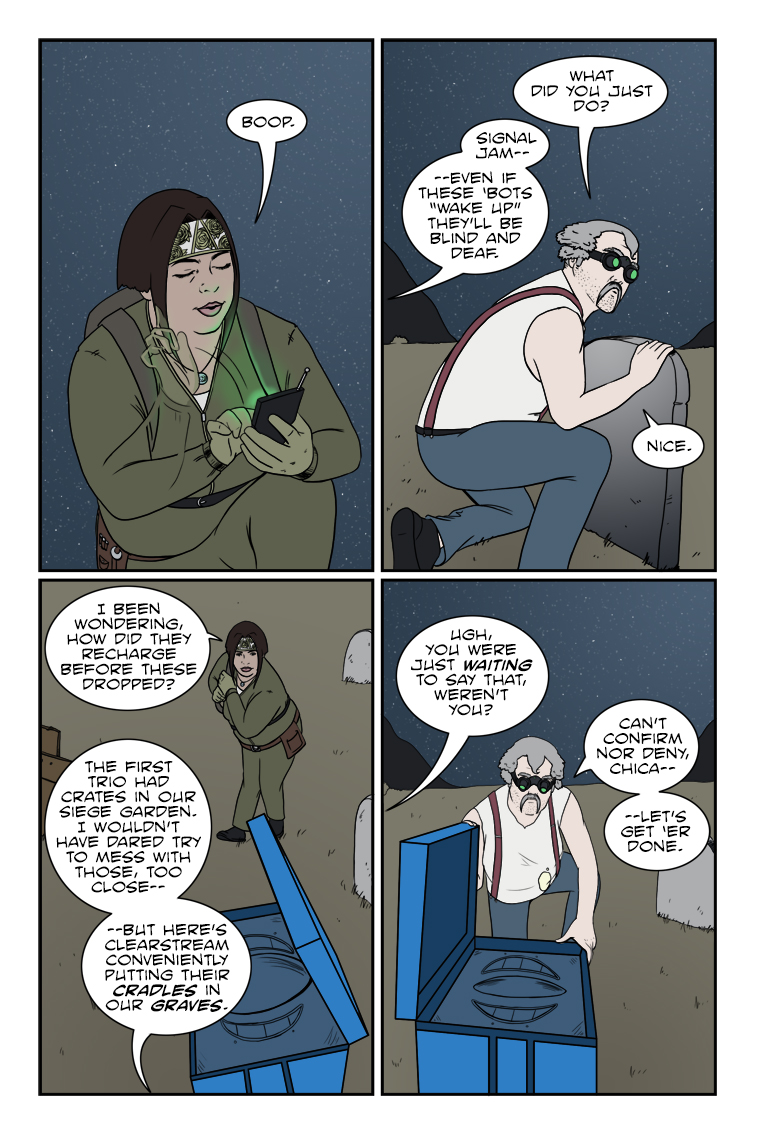
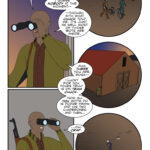
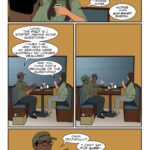
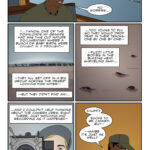
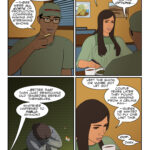
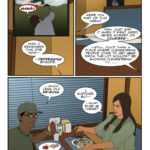

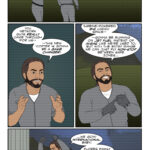
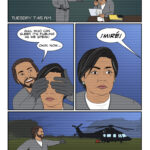
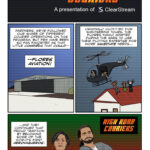

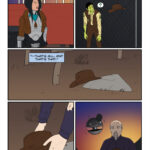
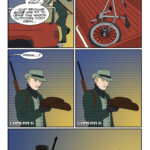
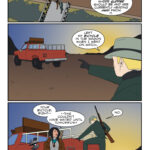
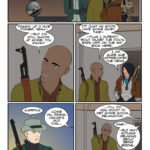
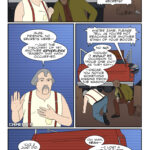
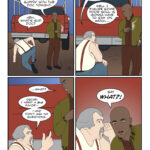
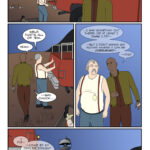
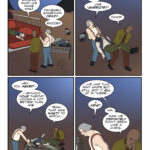
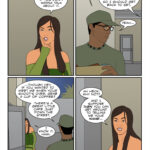
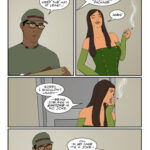








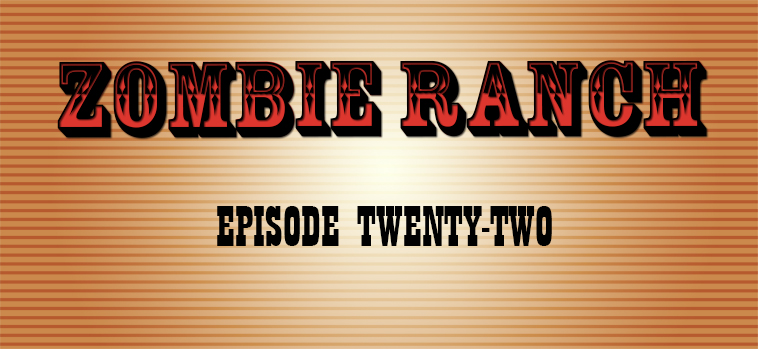
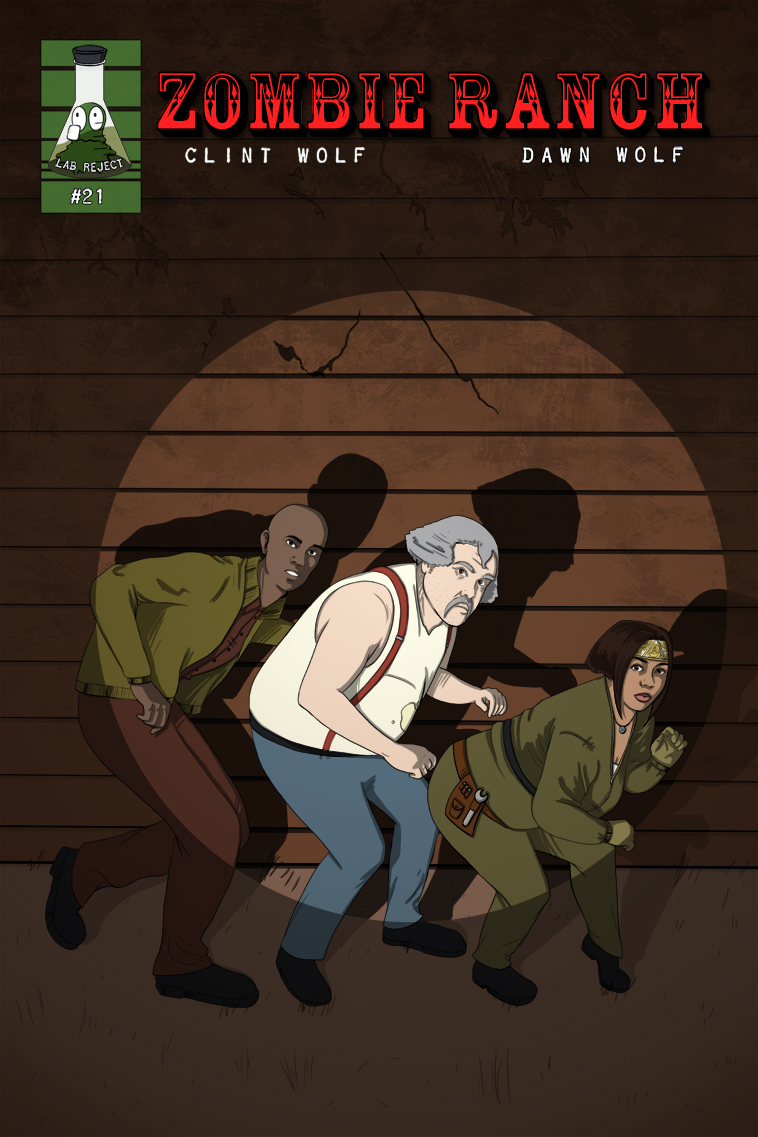
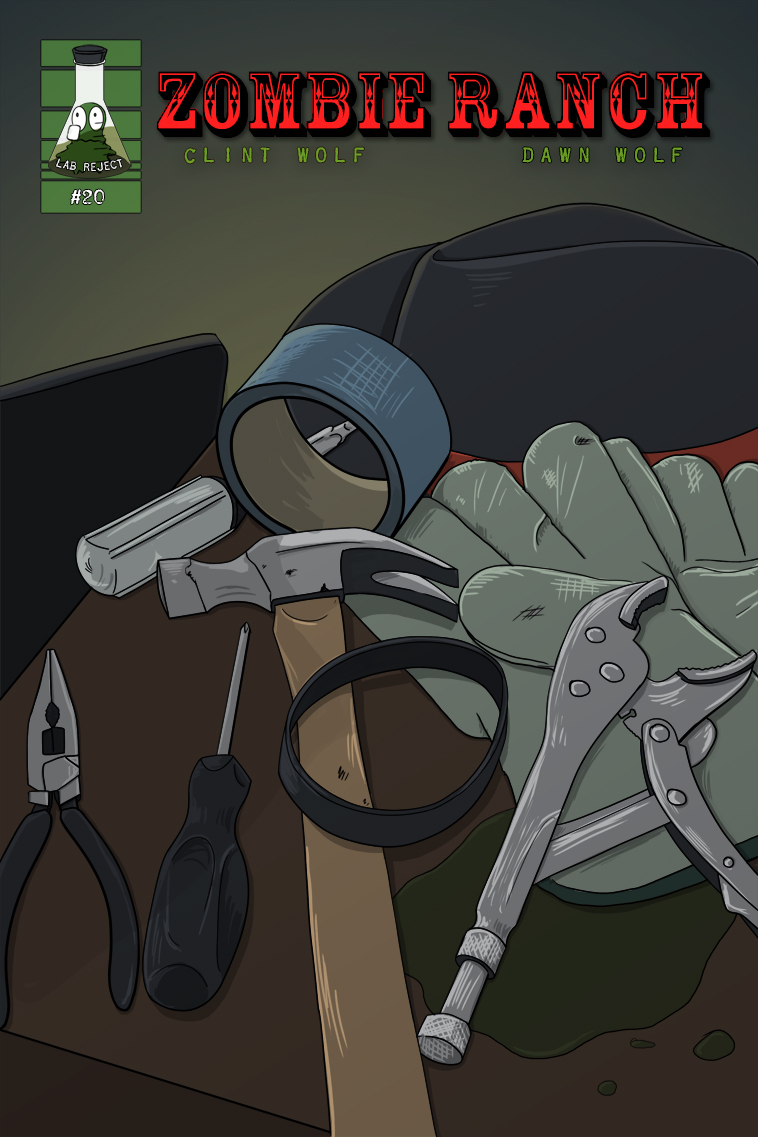
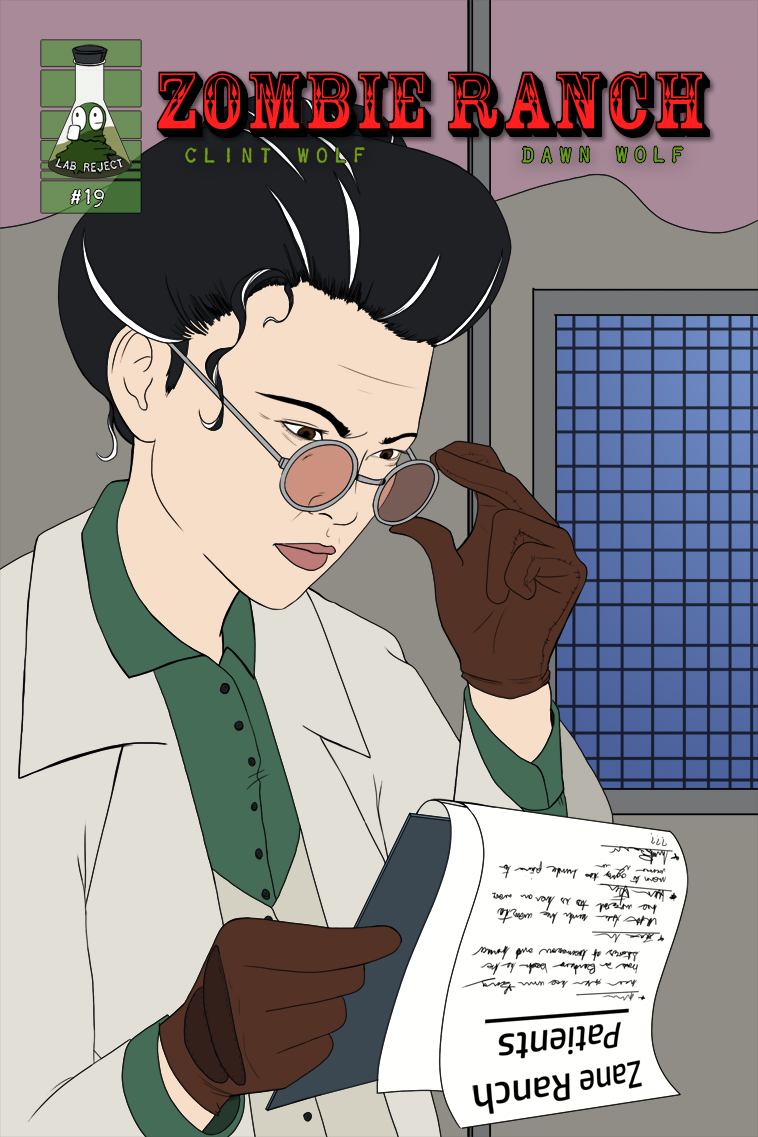
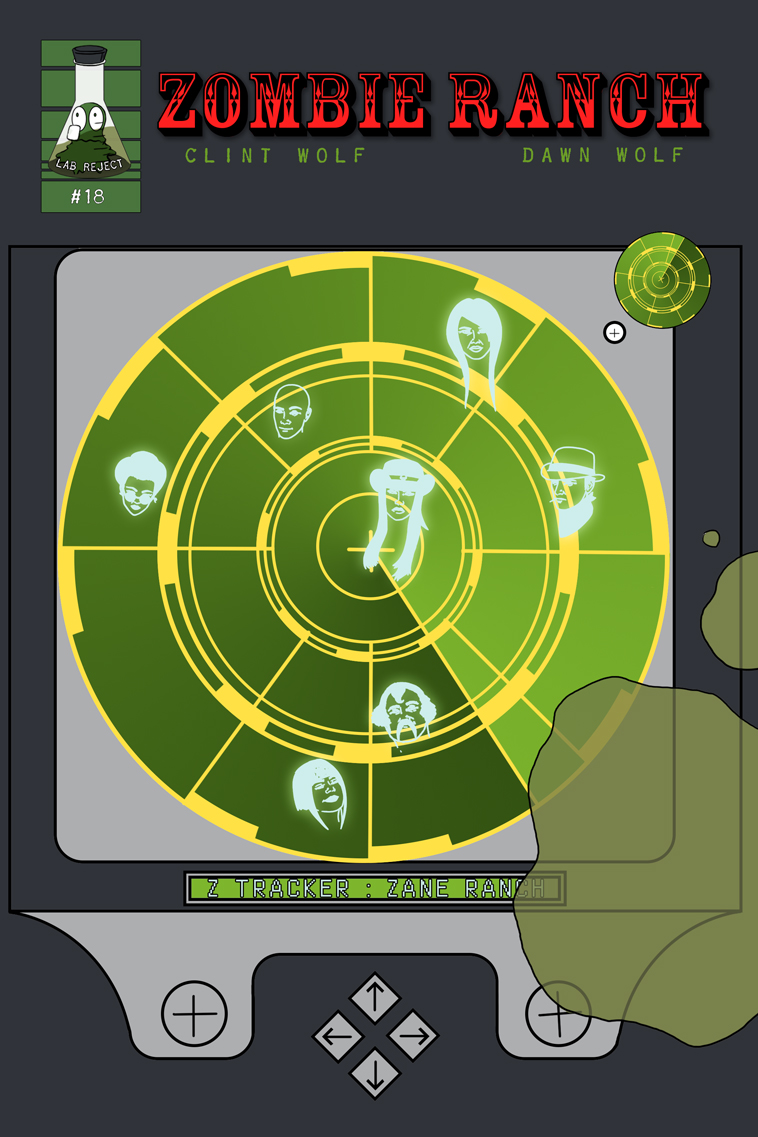
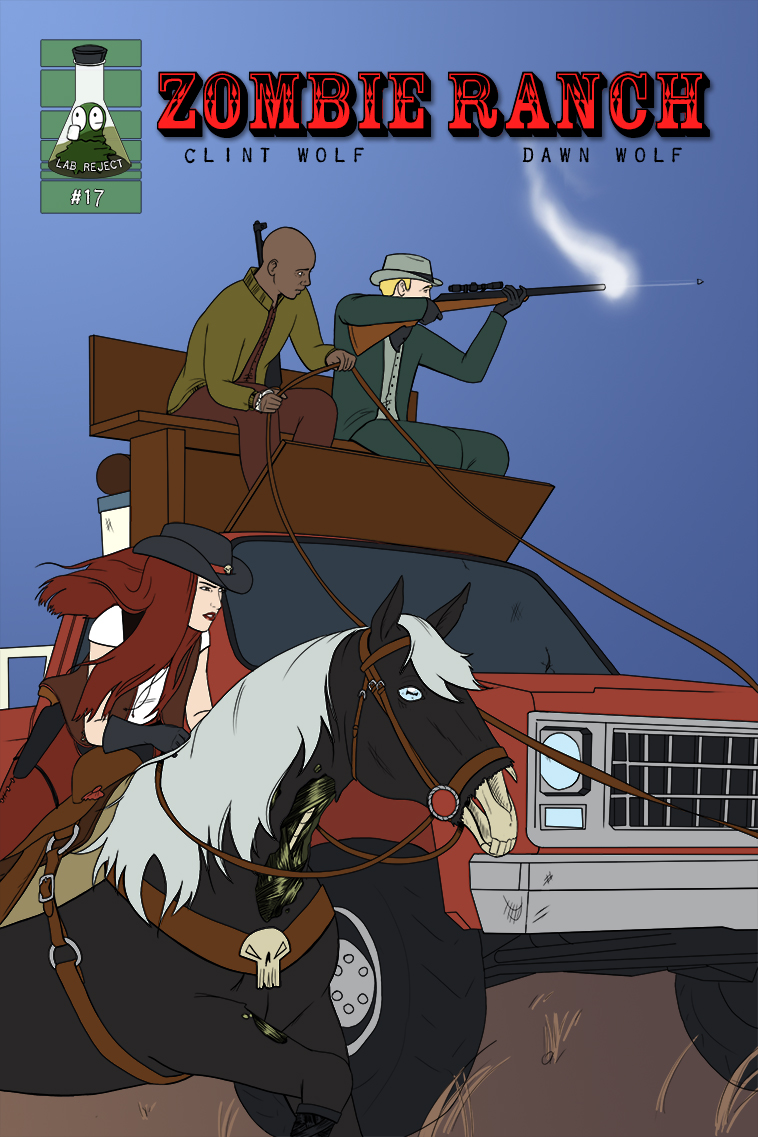
2 thoughts on “543 – Cradles And Graves”
Keith
Oh lordy, they really are a great couple…though, I suggest adopting.
Anonymous
Consequences be damned, because doing nothing might be worse.